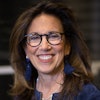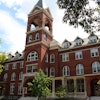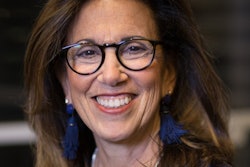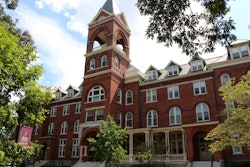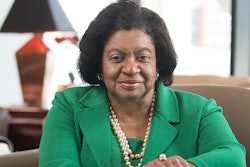In higher education, we talk a lot about diversity, but all too often students, faculty and staff can find themselves at a loss, and ill-equipped to talk openly, constructively and authentically about issues of culture, privilege, power, gender and race.
Higher ed’s discomfort mirrors the nation’s inability to talk honestly and seriously about race, class and other social issues. But done right, higher education can be a model on how to create more inclusive and optimal learning environments for students from all sociocultural backgrounds.
All college campuses wrestle with these issues and instead of being ideological echo chambers, or muting dissent, colleges must encourage difficult conversations and coach students on how to hold civil discourse. How can we do it? Beyoncé.
In the 2018-19 academic year, I introduced a course titled “Beyoncé and Intersectionality.” The goal of the course was to enrich the cultural competencies of the overwhelmingly White and heteronormative student population. The celebrity of Beyoncé serves as an important feminist cultural icon to engage students in a thoughtful and authentic conversation about these challenging topics. The artistry, musicianship and feminism of Beyoncé was used as a catalyst to help students explore deeper issues of patriarchy, racism, classism and sexism.
In order for this to be effective, we created a “brave space” classroom where students could engage in “difficult” classroom conversations around issues of race, identity, social justice, equity and diversity.
The concept of a brave space is predicated on the notion that real learning requires some risk and discomfort. Brave spaces are fundamentally distinct from “safe spaces” where the goal of the teacher is typically to rule out conflict, and invoke practices, norms and language. This approach can interfere with quality discussions around difficult topics such as justice, equity, discrimination and oppression, according to a 2015 paper on brave spaces by Sarah Stanlick from Lehigh University.
In contrast, brave spaces encourage students “to experience disorientation as they wrestle with tensions related to agency, social responsibility and worldview,” said Stanlick.

